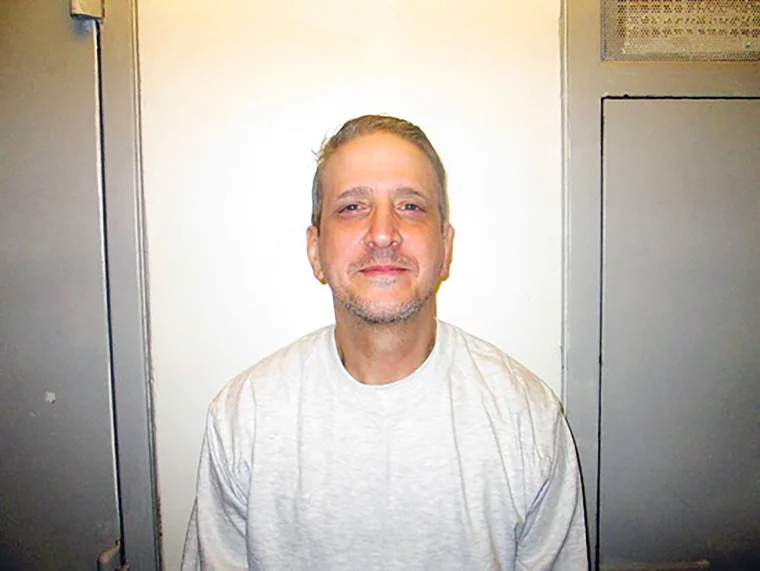On Tuesday, the Supreme Court threw out the murder conviction and death sentence of Oklahoma’s Richard Glossip and ordered a new trial.
Glossip was convicted and sentenced to death in 1997 for killing his former boss, motel owner Barry Van Treese, in Oklahoma City in what prosecutors have alleged was a murder-for-hire scheme. Prosecutors in Oklahoma twice persuaded separate juries to send him to death row.
The high court decided 5-3 in favor of Glossip and overturned a decision of the Oklahoma Court of Criminal Appeals that upheld his conviction and death sentence. Justice Sonia Sotomayor delivered the opinion for the court and was joined by Chief Justice John Roberts and Justices Elena Kagan, Brett Kavanaugh, and Ketanji Brown Jackson.
Justice Sonia Sotomayor wrote in a majority opinion, stating, “We conclude that the prosecution violated its constitutional obligation to correct false testimony.”
Justice Clarence Thomas said: “The Court stretches the law at every turn to rule in his favor… On the merits, it finds a due process violation based on patently immaterial testimony about a witness’s medical condition.” “And, for the remedy, it orders a new trial in violation of black-letter law on this Court’s power to review state-court judgments.”
The case was whether Glossip’s constitutional rights were violated when possibly exculpatory evidence was not turned over to his lawyers at trial. And whether Oklahoma’s highest criminal court should have upheld the conviction and sentence, even after that new evidence came to light.
The case against Glossip, 62, fundamentally rested on the testimony of Justin Sneed, in what prosecutors had originally said was a murder for hire.
Oklahoma County District Attorney Vicki Zemp Behenna said if Glossip were to be tried again, the death penalty would be off the table.
Now, the state still believes Glossip may be at least guilty of aiding and assisting a crime after the fact, which would not mean a death sentence.















